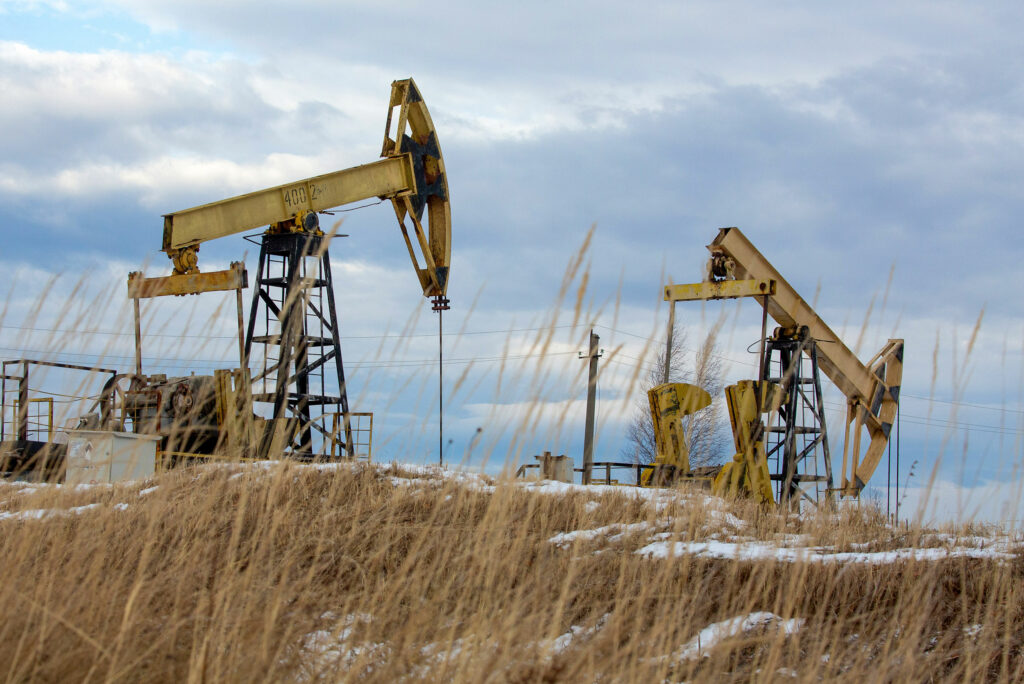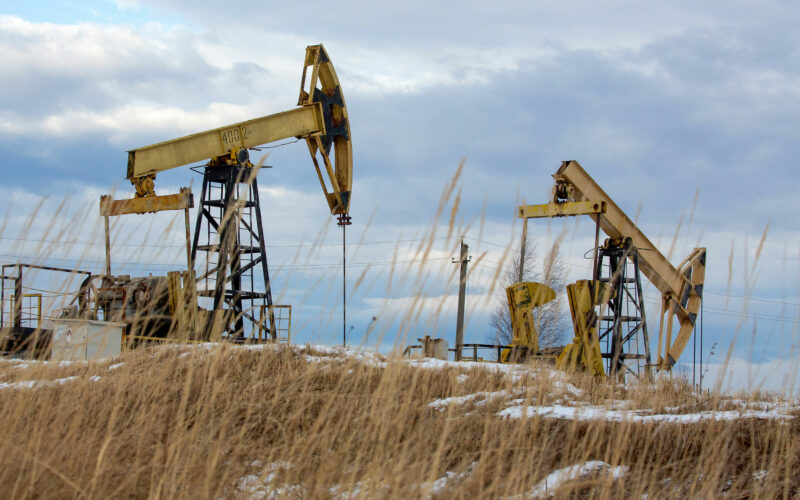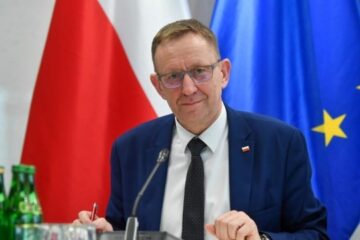
Germany is ready to agree to an oil embargo on Russian oil, according to the country’s finance minister.
“Germany stands ready for new sanctions, including an oil embargo,” Christian Lindner told CNN.
“We have prepared ourselves to be less dependent on Russian energy imports. It takes time to reduce the dependency, it was a mistake to be dependent in this way but we are making progress. We can reduce the imports, starting with coal, then oil. It will take more time to independent from Russian natural gas imports but will continue so in the end we will be completely independent from Russia,” he said.
Speaking about the negotiations on an oil embargo, Lindner said he did not want to speculate on whether EU member states, like Hungary, would have to given exemptions or carve outs from an oil embargo.
“I can assure you that Germany is ready to reduce oil imports, we know others are considering this question carefully,” he said. “We make these decisions together, it is in our best interests, all the world’s democracies share these interests, that we are staying together … we have to stay together in the European Union and trans-Atlantic partnership.”
The minister also made it clear that Germany will not pay for Russian gas in rubles.
“Germany can’t be blackmailed,” he said. “Contracts are contracts, and all these contracts are based in payments in dollars or euros. So German contractors should pay in euro or dollar. This is the situation of the contracts and we do not change because Putin needs rubles for his war chest.”
Last week, Russia stopped shipments of gas to Poland and Bulgaria after they refused to pay in rubles. Gas distributors in Germany and Austria told CNN that they were working on ways to accept a Russian ultimatum that final payments for its gas must be made in rubles, while complying with EU sanctions. The Hungarian foreign minister also told CNN that his country will use the payment scheme put in place by Moscow to pay for its oil and gas.




